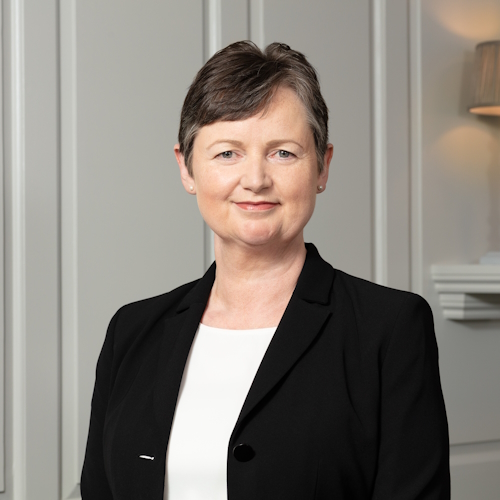
CLAIRE KINGHAM
During the year ending 31st March 2019 there were 3,951 transplants carried out in the UK, from 1,600 donors. Demand during this period outstripped supply. 6,186 people in the UK were on the waiting list for organ donation as at 21st November 2019.
Jersey has taken a lead over England with the introduction of an opt out based system for organ donation, being introduced on 1st July 2019. The opt out system means that unless you have recorded a decision not to donate, or are in an excluded group, you will be deemed to have agreed to organ donation. A similar system will be introduced in England in Spring 2020.
Deemed consent does not apply to those who have not been ordinarily resident in Jersey for a period of 12 months before dying, or those who lack capacity to decide on the issue of organ donation.
Where is the evidence that the opt-out system increases the number of transplants?
Statistics gathered by NHS Blood and Transplant supports the view that a deemed consent system increases the number of people who opt in for organ donation. Wales introduced the presumed consent system in 2015. The number of people who opted in for organ donation in Wales increased from 34% of the population in 2015/2016 to 40% in 2018/2019.
In Spain, where the deemed consent system has been introduced for some time, there are currently 46.6 donors per million people in comparison with England, where the system has yet to be introduced and there are currently 24.4 donors per million people. Evidence suggests however that it is not enough to introduce the deemed consent system into law. To see a significant increase this must be supported by an investment in public awareness.
How do I opt in or out of organ donation?
To opt in or out you simply need to write down your wishes or inform family or friends. A safer option is to register your preferences through the NHS Organ Donation Register (“ODR”) which can be found at www.organdonation.nhs.uk or call 0300 1232323. The process is very simple and takes no more than a few minutes. Medical practitioners have access to the ODR and so this is the only way to guarantee that your wishes will be taken into consideration.
Can I appoint a person to make the decision for me?
If you cannot decide whether or not to opt in or out, it is possible to appoint one or more persons to make the decision on your behalf through the ODR.
If I do not record my decision who will be consulted on the issue of donating organs?
If you have not expressed a preference and your organs are suitable for donation, the Law sets out the categories of people who medical practitioners may consult on the issue. These include your blood relatives, your spouse, civil partner or co-habiting partner, step-parents or friends of long standing.


